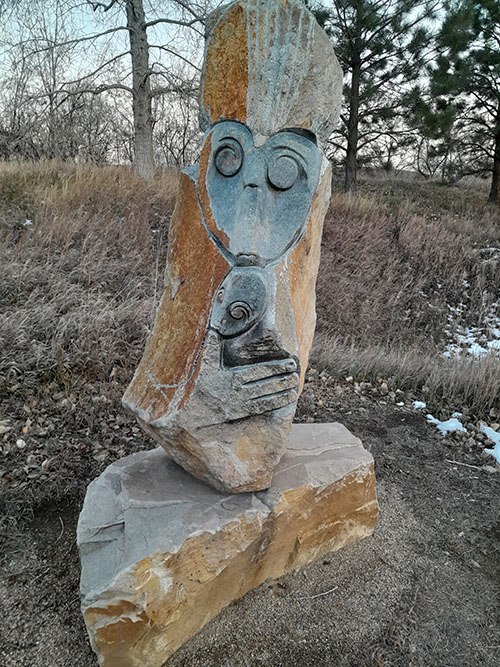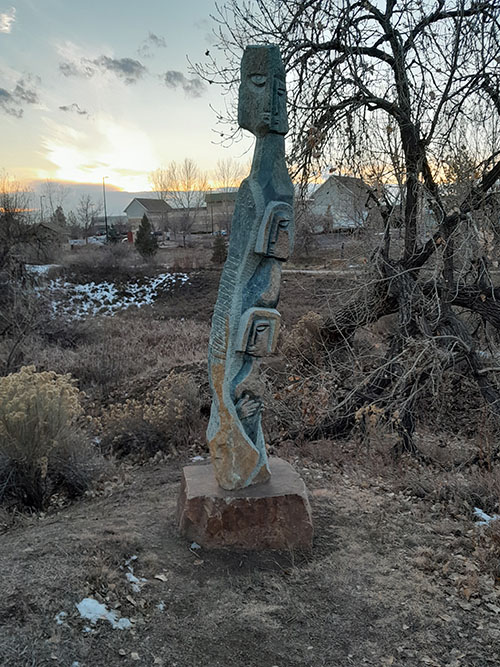A couple weeks ago Aubrey Bergauer hosted a LinkedIn conversation with Karen Freeman from Advisory Board for the Arts (ABA) to discuss what mattered most to arts professionals as they sought jobs in the arts. Freeman discussed a survey ABA conducted where they asked people to prioritize between different situations in order to drill down to what really mattered. An example Freeman gives is would you rather have great pay, but so-so benefits or a lower pay rate but with better benefits.
Among the criteria people had to prioritize were things like artistic reputation, work from home, diversity, equity, and inclusion (DEI), shared governance, professional development, etc., They had over 1500 respondents from organizations around the world, though with a slightly larger representation by U.S. based groups.
Freeman shared four findings among the many that she found most interesting. The first one revealed that respondents felt their current organization had medium healthcare benefits, good management, good job security, middle of the road flexibility with work hours, fairly good progress in diversity and equity and selective transparency. Freeman notes that a majority of respondents felt their organizations operated at the highest level of artistic quality which she attributes akin to a Lake Woebegone view that everyone is above average.
The second finding is perhaps the most interesting one because it provides insight into what arts organizations can do to retain employees (~13:30 in the video). In terms of what people valued most, Inclusive Culture was valued most and Other Office, which encompassed office space and technology fell at the lowest end of the range. Inclusive culture encompasses transparency, accountability, inclusive decision-making along with diversity, inclusion and equity.
Second most important was flexibility which includes flexible hours and work from home. Next is advancement, including opportunity to advance and supervise. Next is Manager which involves good manager, professional development and internal recognition. Health care and leave came next. Second to last was artistic reputation and community import.
This raises some interesting questions. There are already surveys that indicate trumpeting artistic excellence, while important, isn’t a top draw for audiences. Now we see it is almost at the bottom in terms of what organizational staff value. So perhaps it is time to examine the amount of emphasis being placed upon it.
I should note though that it isn’t clear how many of the respondents were creators and performers. Those groups may rate artistic reputation much higher than administrative staff.
Skipping to the fourth slide (~19:25) provides a little insight. When broken down by job role, people in the C-suite (aka highest paid person’s opinion) care most about artistic reputation (even more than artistic department) along with job accountability, manager quality and transparency. C-suite place least emphasis on job schedule flexibility, work from home and DEI.
When broken down by generation (~16:40), the starkest differences were that artistic reputation was most important to baby boomers and DEI was most important to Gen Z respondents.
Freeman also mentioned that they ran some simulations to make up for some potential flaws inherent to the surveying methodology they used to get the above results. In those simulations, when choosing between higher pay or artistic reputation, 54% of people would take the job with higher pay at a place with no reputation for artistic quality.
A second simulation they ran provided the choice between a place that had high pay, but hierarchical decision making, low transparency and accountability, and performative DEI against an organization with better culture on all these dimensions, but lower pay. In that case, 63% of people would take a job with the better work culture at the expense of better pay.
This was some new data for me insofar as what I thought were the start of trends are far more deeply held values than I anticipated. If you are similarly surprised, take a look at the video.






Santa Cruz Shakespeare has several tiers of benefits for donors/members. Some, like season-announcement parties, are open to several tiers. Some,…